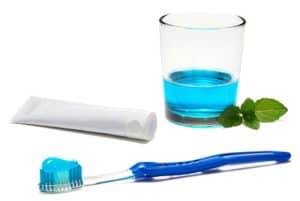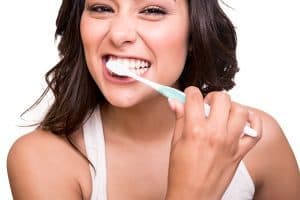Taking care of our teeth is something we must do every day in order to have a good oral care. Otherwise our teeth would slowly get weaker until they are not good anymore!
In order to improve our oral health, we must brush, floss and drive away bacteria and plaque from our teeth. So we raise you this article as a reminder that even though it is basic what we do in our bathroom sinks, it helps a great deal in our daily life. More than what we give it credit for.
Why it is important to have good oral care
How we treat our mouth is essential if we want our teeth to last a lifetime! So we spoke with Los Algodones dentists about the importance of having a good oral care:
- A bright smile gives a good impression. A clean and white smile gives the sense that person is organized and responsible.
- You want to avoid tooth decay and cavities. By removing food and plaque out of your teeth with daily brushing, your oral care improves immensely.
- Keeps your breath fresh. This one also gives a good presence. You are more inclined to talk with people whose breath does not smell foul!
- Helps you retain your natural teeth for as long as possible. Who doesn’t want to have their whole set of teeth for a lifetime? We only have those for life, so we better start taking care of them!
How do we improve our oral habits?
There are many ways in which you can take good care of your teeth, which will boost your oral care.
Brushing
This is the main way that will get us out of trouble the more we do it . Brushing means removing the sticky and colorless film called plaque from our teeth. As such, make sure to do the following:
- Brush twice a day. Typically Los Algodones dentists recommend to do it at night and in the morning. Why? Because that’s when the bacteria and plaque has the biggest chance to cause harm in our teeth.
- Change your toothbrush if the bristles are frayed. It is important for those bristles to not be bended, or else you will find a REALLY hard time getting to the narrow spots.
- Each session should be about 2 minutes long. This helps the toothpaste do its work, as usually people get rid of it way too soon. It is also an incentive to reach and brush every place that you can with your toothbrush.
Flossing
At the beginning flossing can be a little bit overwhelming, but with practice it becomes as easy as brushing! The objective of flossing is to clean in-between our teeth, a place where the toothbrush finds difficult to reach. Flossing efficiently helps tremendously against gum disease.
- Find a brand you are comfortable the most. Waxed, non-waxed, threaded.. there are many types of flossing out there.
- Avoid harming your gums. If you are getting too close to the gums, then be very careful not to cut them.
- Take your time and be patient. Flossing too hard might make it snap which can be painful. Also, you want to be thorough but not a savage.
Mouth rinse
Probably one of the most underrated! Rinsing your mouth with a mouthwash is a really helpful thing to do. Not only does it swish and rinses bacteria away, but also can get you some added benefits.
Aim for a therapeutic mouthwash, not a cosmetic one. Cosmetic mouthwashes only seek to mask foul smells for an amount of time, whereas Therapeutic mouthwashes can have components such as fluoride to help against tooth decay and such.

